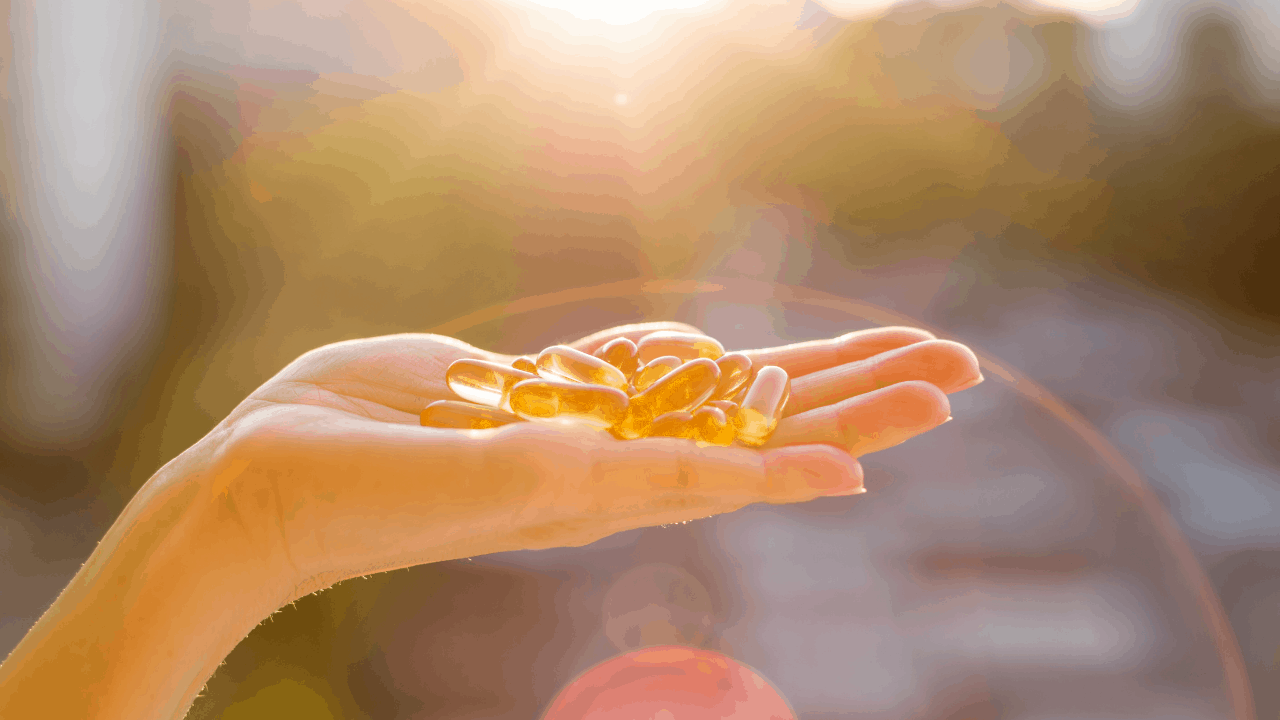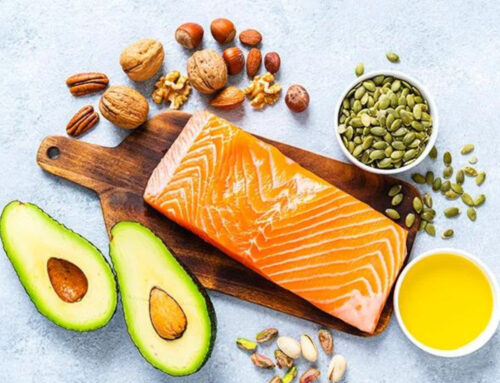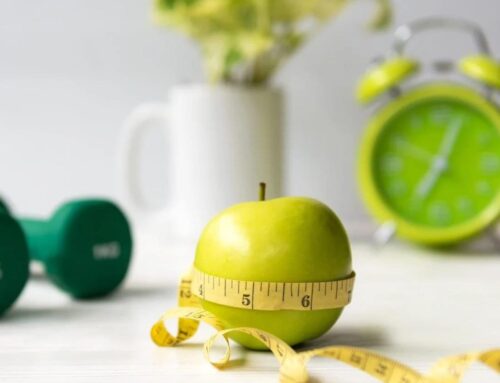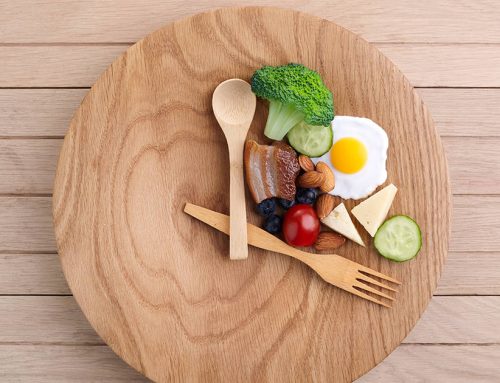42% of Americans are Vitamin D deficient, creating an increased risk of impaired immunity, fatigue, depression, and muscle pain.
But not just that—did you know that low Vitamin D is also correlated to weight gain, increased fat storage, hunger cravings and high blood sugar? This is because Vitamin D influences the hormones insulin and leptin. Insulin signals your body when to store fat while leptin tells your body to burn fat.
Two studies, done in 1980 and 2019 found that low Vitamin D levels were connected to insulin and leptin resistance. When Vitamin D levels were low, insulin and leptin hormones would become less sensitive or functional, with weaker signals being sent from the brain telling the body to burn fat and stop fat storage.
The body would have trouble making insulin, and the cells would become unresponsive to the insulin the body was making. As a result, the body would resort to storing glucose as fat—which to many people will look like inexplicable weight gain or weight loss resistance.
Vitamin D and immunity
In addition to weight loss and fat burning, Vitamin D has incredible benefits on immunity. Vitamin D has been studied extensively in relation to COVID-19, finding that Vitamin D has an Immunologic effect on human health and disease, acting as an antiviral agent, reducing mortality and respiratory disease.
Healthy Vitamin D Levels
Vitamin D testing is an easy and highly effective manner of understanding your immune and metabolic health. Have you had your Vitamin D levels checked recently?
- Deficient: Less than 30ng/ml
- Insufficient: between 30-50ng/ml
- Ideal: Greater than 50ng/ml
So what do you do if your Vitamin D levels are deficient or insufficient? There are several ways to increase Vitamin D, as Vitamin D is available through our foods, diet, naturally by the sun, as well as high quality supplements.
4 ways to raise vitamin D levels
- Clean up your diet. If you aren’t eating a clean, healthy, whole food diet, it won’t matter how many Vitamin D supplements you take, absorption into the cells will be limited, as the health of the cell membranes will be compromised by poor diet and toxicity. I recommend reducing bad fats, harmful oils, “fake” foods, carbohydrates and environmental and chemical toxins from your diet. Yes, this means any ingredients on labels that you cannot pronounce or understand. Instead increase good fats and healthy oils. You should be reading your blood sugar levels daily, staying under 100Mg/DL.
- Get out in the sun. Ideally you’ll want to do this for approximately 30 minutes a day, during mid-day with sunlight directly on your skin, without sunscreen. Also note that darker skin tones and people who live in areas of high air pollution will have a harder time absorbing Vitamin D. Also, depending on where you live, it may be harder to get Vitamin D naturally during the winter months, making supplementation crucial.
- Eat Vitamin D rich foods. Foods like grass fed beefs, oily fish like wild salmon, sardines and mackerel. Also liver is a great Vitamin D rich food, I love the Heart & Soil Liver Supplement for this.
- Supplement with Vitamin D. I’ve included some tips on how to get the most out of your Vitamin D supplement.
First, you’ll want to find a Vitamin D supplement that is combined with Vitamin K & Vitamin C, as this provides for better absorption. The supplement I recommend is DV3 from Systemic Formulas, which has a combination of all of these vitamins and more.
Second, studies have also shown that it may be better to take Vitamin D with your largest meal of the day, especially a fat-based meal. According to one study in 17 people, taking vitamin D with the largest meal of the day increased vitamin D blood levels by about 50% after just 2–3 months. In another study in 50 older adults, consuming vitamin D alongside a fat-heavy meal increased vitamin D blood levels by 32% after 12 hours compared to a fat-free meal
Third, the health of your gut microbiome will affect how well you absorb supplements, so it’s always good to use a microbiome support like Ion Biome or probiotic MBC. Fermented and probiotic foods are also helpful, such as sauerkraut and kimchi.












Leave A Comment